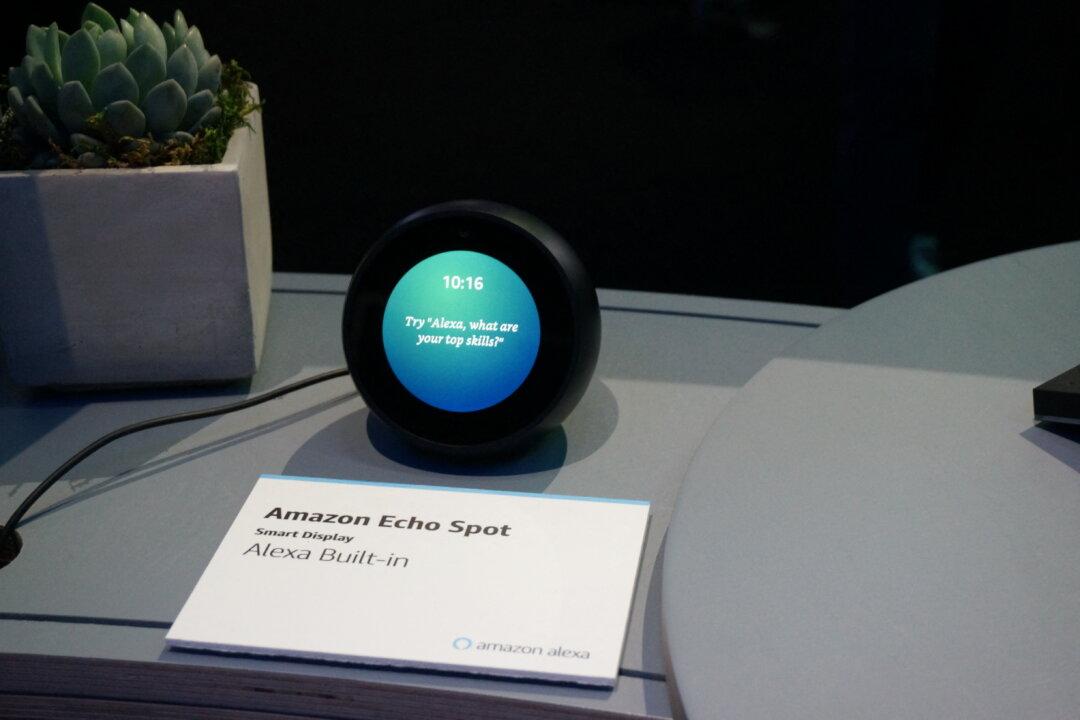Consumers around the world are installing “smart” home systems for the convenience and control it gives them, but many are unaware of who or what may actually be controlling these systems and for what purpose.
Users of smart home technology are sometimes startled to find that someone else is operating their systems. In 2019, a Milwaukee couple said they felt “violated” when smart cameras in their house began talking to them, and their thermostat began setting itself to 90 degrees in late summer. While that experience was attributed to a hacker, other customers are finding that the company that made or installed the smart systems was the one taking control.





